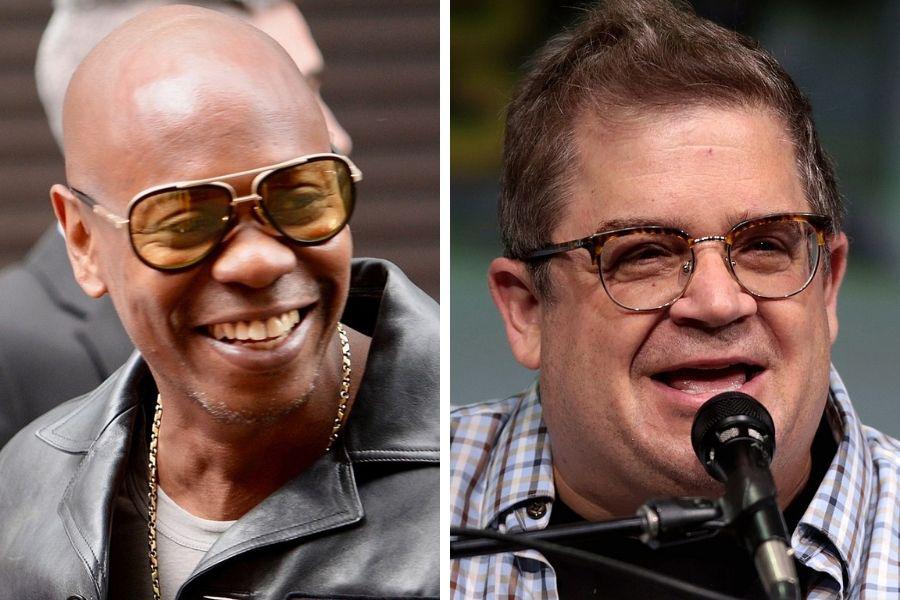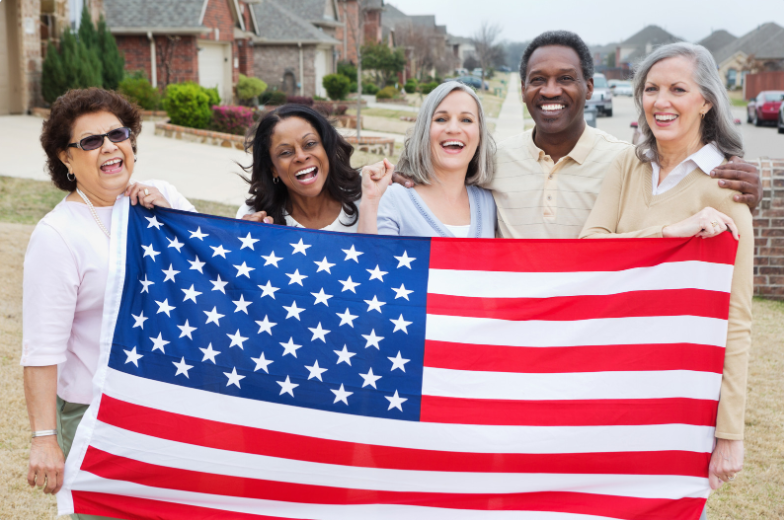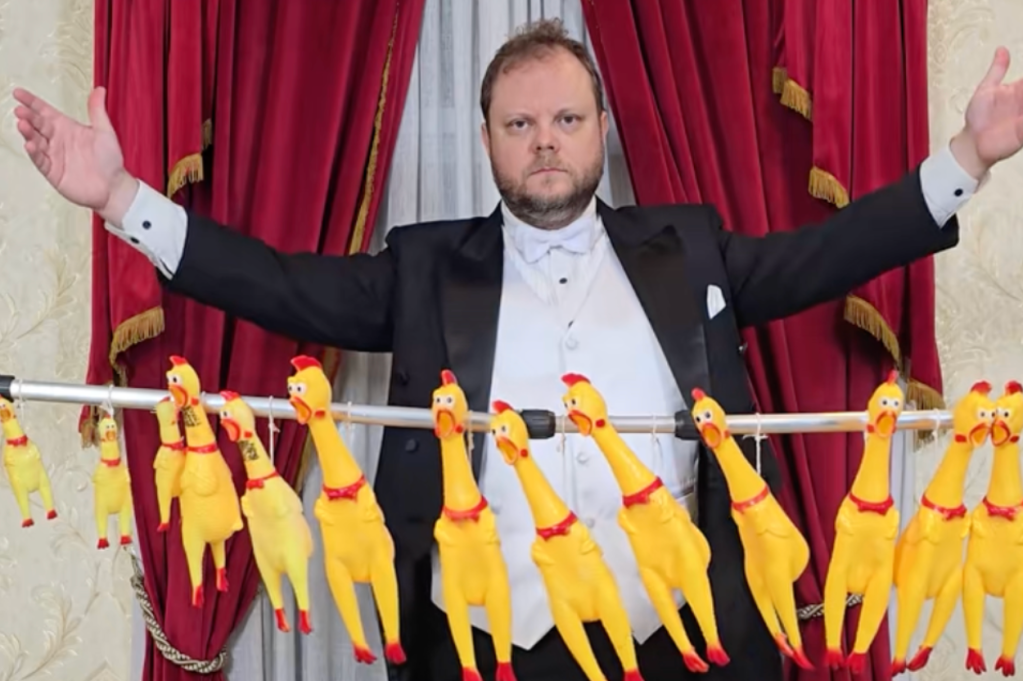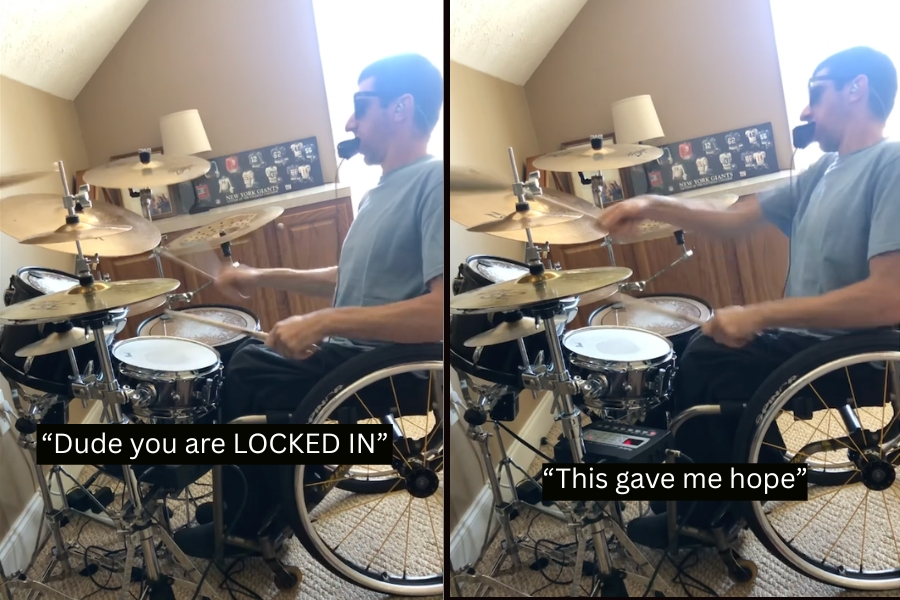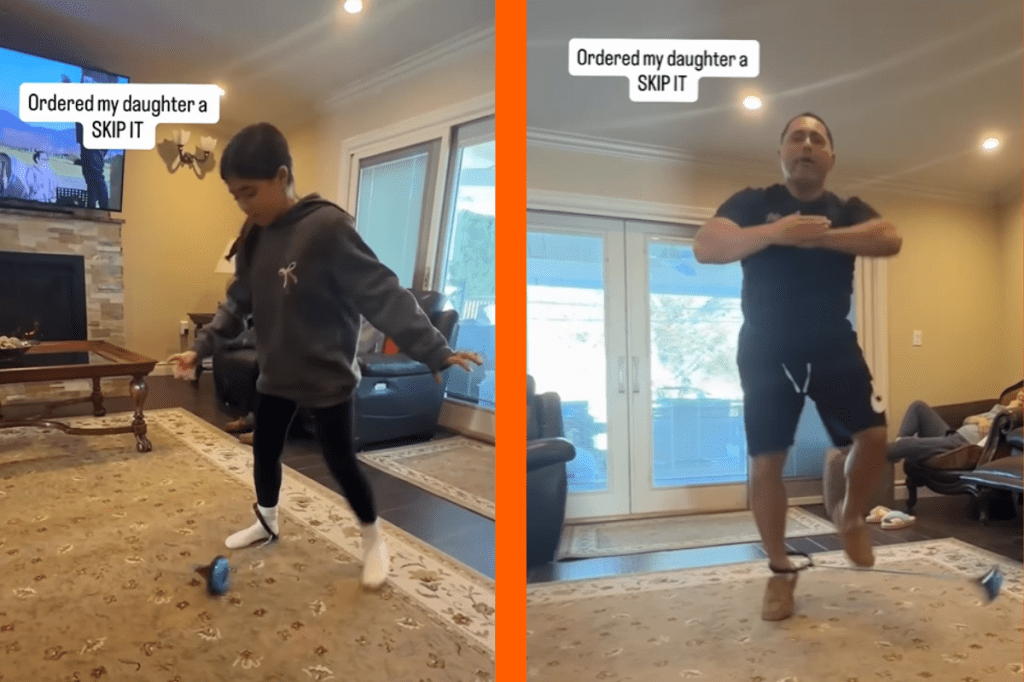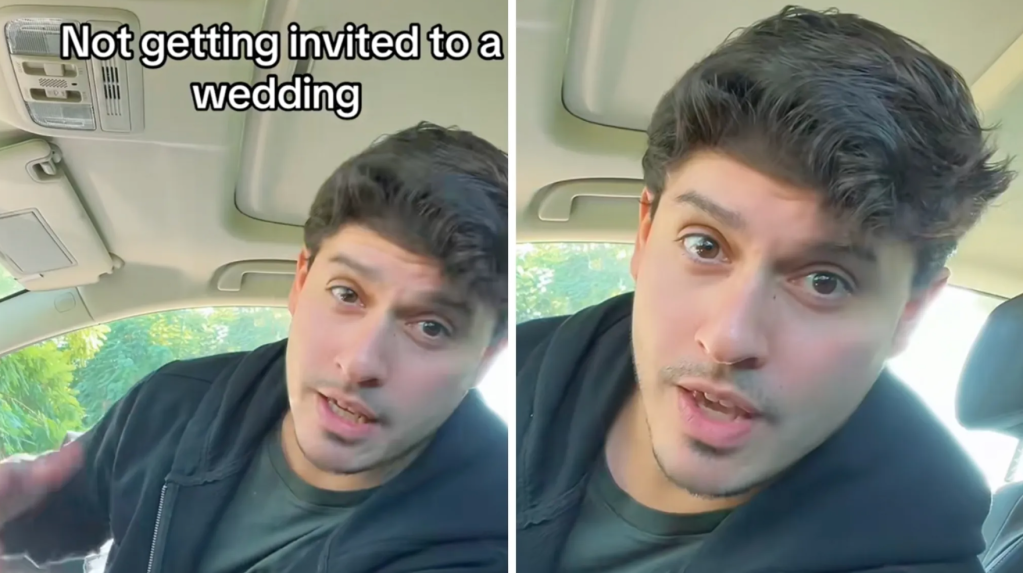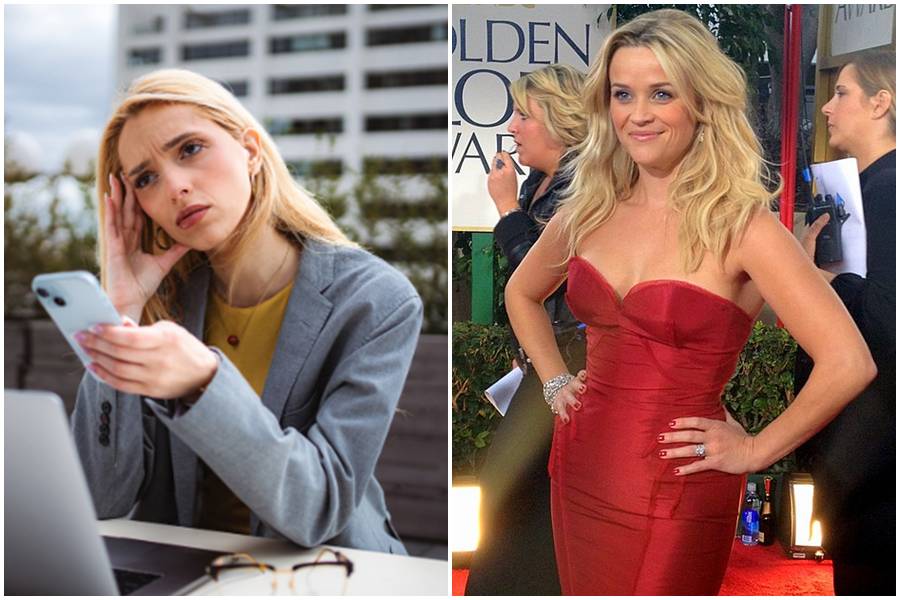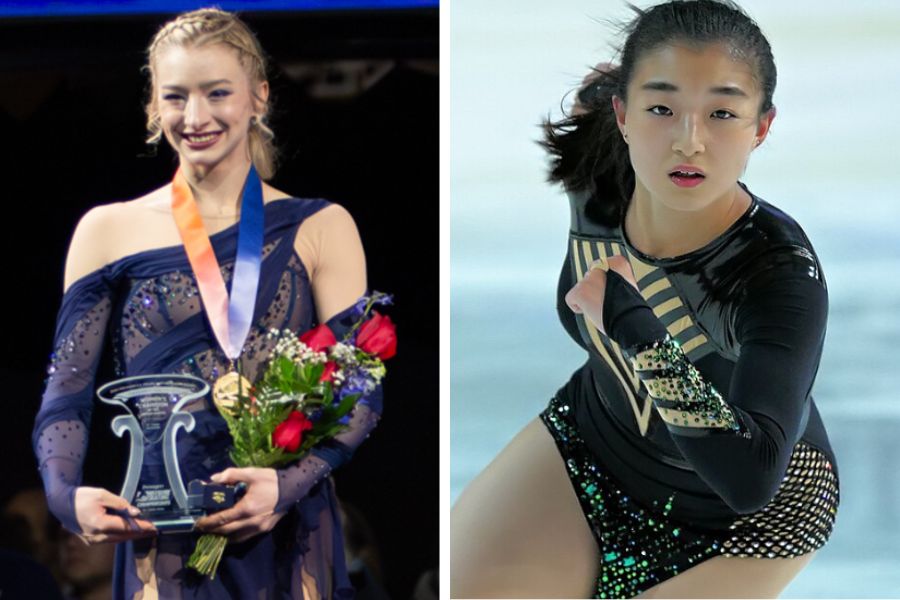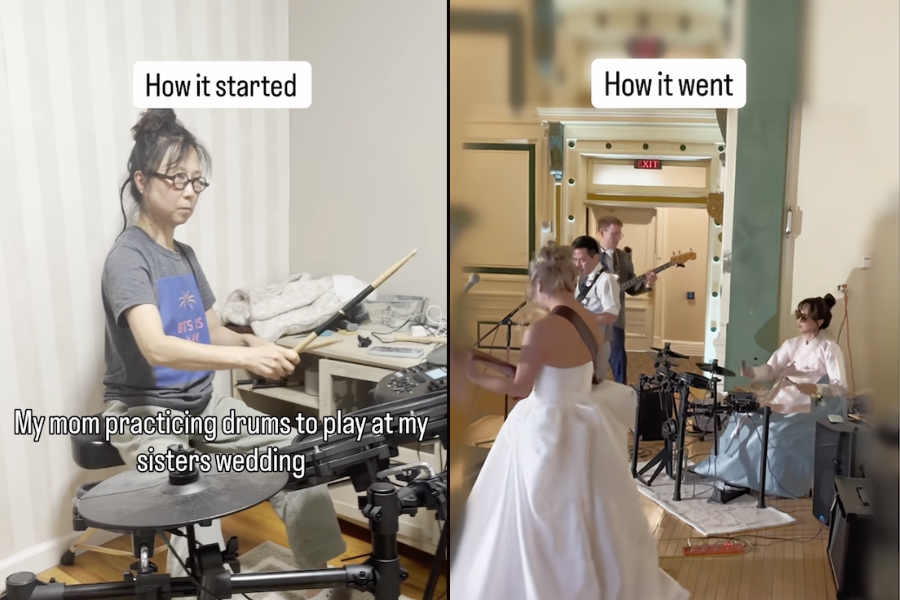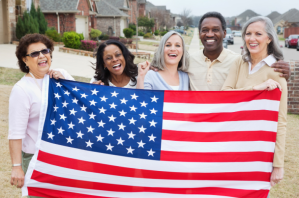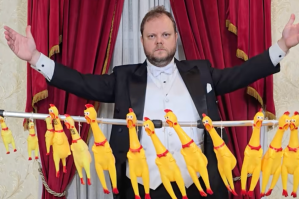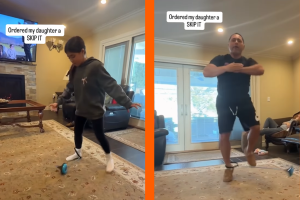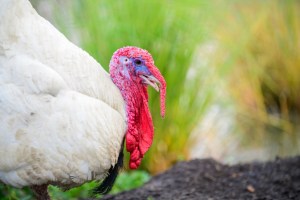The first two decades of the 21st century have been a reckoning of sorts for humanity. Technology has shrunk our global community and broadened our connections with one another, forcing us to grapple with how prejudice, inequality and oppression of all kinds have influenced us all.
Some of that has been great. Some of it not so much. Social media has proven to be a double-edged sword, expanding our exposure to diversity on the one hand, and limiting our ability to have nuanced conversations on the other. Platforms such as Twitter allow people to make clear, concise statements about where they stand, which can be good and necessary at times. They also create an environment where a stance that doesn’t fit neatly into 240 characters is ostracized as being wishy-washy at best and highly problematic at worst.
All of this combined has resulted in a weird paradox of people pushing for complex social discourse while also insisting on removing all complexity from that discourse.
Case in point: Patton Oswalt’s last two Instagram posts about Dave Chappelle.
The comedian shared a series of photos with Dave Chappelle in Seattle on New Year’s Eve. Oswalt had been performing in downtown Seattle when he got a text from Chappelle to come join him at his show just a block away.
Oswalt wrote:
“Finished me set at @mccawhall and got a text from @davechappelle. Come over to the arena he’s performing in next door and do a guest set. Why not? I waved good-bye to this hell-year with a genius I started comedy with 34 years ago. He works an arena like he’s talking to one person and charming their skin off. Anyway, I ended the year with a real friend and a deep laugh. Can’t ask for much more.”
Chappelle has long been known for pushing the social envelope with his comedy and has created some controversy for himself, especially with his recent Netflix special in which he tackled the issue of transgender rights in a way that felt harmful to many trans people and allies. (Full disclosure: I have not watched his special myself, so I am only sharing the reactions I have seen to it, not commenting on the content itself.) Some people accused Chappelle of being anti-trans, others accused him of “punching down,” while others were more offended by how old and tired his LGBTQ-oriented jokes were than by the jokes themselves.
Patton Oswalt has been an outspoken ally of the LGBTQ community, so seeing him celebrate sharing the stage with Chappelle was jarring for some fans. They made their feelings known, which prompted this response from Oswalt:
“I saw a friend I hadn’t seen in a long time this New Year’s Eve. We’ve known each other since we’re teens. He’s a fellow comedian, the funniest I’ve ever met. I wanted to post a pic & an IG story about it — so I did. The friend is Dave Chappelle. Thirty four YEARS we’ve been friends. He’s refocused and refined ideas a lot of us took as settled about race & history & Life On Planet Earth and spun them around with a phrase or punchline. We’ve done bad & good gigs, open mikes & TV tapings. But we also 100% disagree about transgender rights & representation. I support trans peoples’ rights — ANYONE’S rights — to live safely in the world as their fullest selves. For all the things he’s helped ME evolve on, I’ll always disagree with where he stands NOW on transgender issues. But I also don’t believe a seeker like him is done evolving, learning. You know someone that long, see the struggles and changes, it’s impossible to cut them off. Impossible not to be hopeful and open and cheer them on. Also, I’ve been carrying a LOT of guilt about friends I’ve cut off, who had views with which I couldn’t agree, or changed in ways I couldn’t live with. Sometimes I wonder — did I and others cutting them off make them dig their heels in deeper, fuel their ignorance with a nitro-boost of resentment and spite? I’m an LGBTQ ally. I’m a loyal friend. There’s friction in those traits that I need to reconcile myself, and not let cause feels of betrayal in ANYONE else. And I’m sorry, truly sorry, that I didn’t consider the hurt this would cause. Or the DEPTH of that hurt. I’ve been messaging a lot on IG today, and the back and forth has really helped guide me in the writing of this. I (naively) deleted a lot of posts in the comment thread — critical ones from LGBTQ writers AND shit-posts by TERF/anti-trans orcs looking for clicks & giggles. I wanted a ‘nice comment thread’ about the pic with my friend. Ugh. So easy to think someone ELSE needs growth and miss the need in yourself. Gonna keep trying.”
Right here is where I, as a writer, feel the need to choose my words carefully. That’s fine—I’m a firm believer that people should choose their words carefully. However, I’m also fully aware that no matter what I say from this point on, some people in the comments are going to complain. That’s why I wanted to share Patton Oswalt’s posts and write this article—because while so many people have a desperate desire to remove complexity and nuance from our discourse, I have a desperate desire to insert it.
Here’s my TL;DR stance on that topic: Relationships are complicated. Perspectives are complicated. Practically nothing in this world is black-and-white, and if we refuse to acknowledge that seemingly conflicting things can be true at the same time, we will never be able to work through the things that divide us.
I’m not here to defend Dave Chappelle, nor am I here to defend Patton Oswalt. I’m here to defend the idea that people who consider themselves friends can have wildly different beliefs, can disagree vehemently with one another on really important issues, can debate and fight over such things and still see value in one another and in their relationship. Everyone makes different choices about what and who they support, as well as why and how, but those choices are rarely as simple as some make them out to be.
Let’s say someone decides, “I flat-out refuse to be friends with someone with racist/sexist/anti-LGBTQ views.” Great, so where do you draw the line? Because the vast majority of people have shades of those views, even those who purport not to, simply by living in and being groomed by the world we were born into. If you cut out all people with any hint of those views, you’re basically cutting out most of humanity.
“Well, we can be friends as long as they are educating themselves and making an effort,” one might say. Great, so how do you assess that? What criteria do you use? What if they aren’t learning what you want them to or at a pace you deem acceptable? How do you measure those things? And even if you do decide that someone is too problematic for you to associate with, what is your purpose in cutting them off? Is it to change their mind? (Unlikely.) Is it to punish? (Understandable impulse, but is that actually solving the problem?) Is it to reduce harm? (If the person is causing you harm, disassociation makes sense. If the person is causing other people harm, is your disassociation going to stop that harm? Could you do more good in the world by maintaining the friendship?)
This is where nuance and complexity come in. The answers to all of those questions are going to be different for every single person and every single relationship, and that’s okay. Some people don’t even feel the need to ask and answer those questions because they view the nature and purpose of relationships differently, and that’s okay, too.
I’m not saying we should tolerate or befriend Nazis; what I’m saying is that there’s an ocean of gray between befriending Nazis and piling onto or disassociating with anyone who hasn’t reached a perfect stage of social enlightenment. While we all can decide where on that spectrum we want to be, we cannot—and should not—decide that for anyone else. Every person is different, every relationship is unique and I don’t think any one of us should be in the business of judging who should be friends with whom.
We need fewer black-and-white hot takes and more acknowledgment that living with other human beings in this world is complicated. Oswalt’s post was the response of a complex human with complex relationships who is trying to navigate a world that doesn’t embrace complexity. Perhaps it’s imperfect, but really, when did we start to demand perfection from people?
Call out harm when it happens, absolutely, but let’s move away from the idea that one person’s problematic words or behavior mean that everyone associated with that person must be called to account for their sins. There’s just no way that ends well for anyone, and it definitely won’t get us anywhere near where we want to be.

